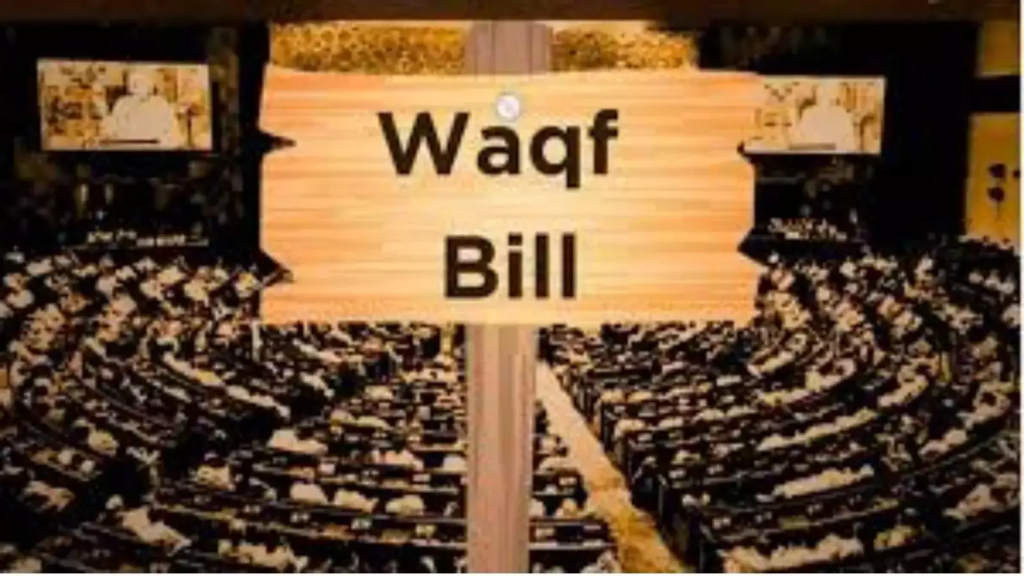Rehan Khan
The Supreme Court of India has intensified its examination of the Waqf (Amendment) Act, 2025, following a series of petitions challenging its constitutional validity. Over two days of hearings on April 16 and 17, the Court addressed concerns regarding the Act’s provisions, particularly those affecting the management and status of waqf properties.
On April 17, the Court recorded the Centre’s assurance that no waqf properties, including those recognized under “waqf by user,” would be denotified until the next hearing scheduled for May 5. Additionally, the government pledged not to make any appointments to the Central Waqf Council or State Waqf Boards during this interim period. These commitments aim to maintain the status quo while the Court deliberates on the petitions. The Supreme Court is evaluating several critical aspects of the Waqf (Amendment) Act, 2025
- Exclusion of “Waqf by User”: The Act’s removal of the “waqf by user” concept has raised concerns about the potential loss of status for numerous longstanding religious properties.
- Inclusion of Non-Muslim Members: The provision allowing non-Muslims to be part of the Central Waqf Council and State Waqf Boards has been questioned for potentially infringing upon the Muslim community’s rights to manage their religious affairs
- Designation of Waqf Properties: The Act’s stipulation that properties claimed as government land cannot be designated as waqf properties has also been challenged.
During the hearings, the Court posed a pertinent question to the Centre: Would Muslims be permitted to serve on the governing bodies of Hindu religious trusts? This query underscores the Court’s examination of the Act’s implications on religious autonomy.
Solicitor General Tushar Mehta defended the amendments, asserting that the Waqf Boards are statutory and administrative entities, not religious bodies. He emphasized that the inclusion of non-Muslim members does not violate constitutional provisions. Furthermore, Mehta highlighted that the Act was enacted in response to numerous complaints from the Muslim community regarding the mismanagement of waqf properties.
The Supreme Court has granted the Centre a week to file a comprehensive response to the petitions. Petitioners will have five days thereafter to submit rejoinders. The matter is scheduled for the next hearing on May 5, 2025, where the Court will further deliberate on the Act’s provisions and their constitutional validity.
Instagram: Click here
LinkedIn: Click here
For Collaboration and Business: info.desikaanoon@gmail.com

